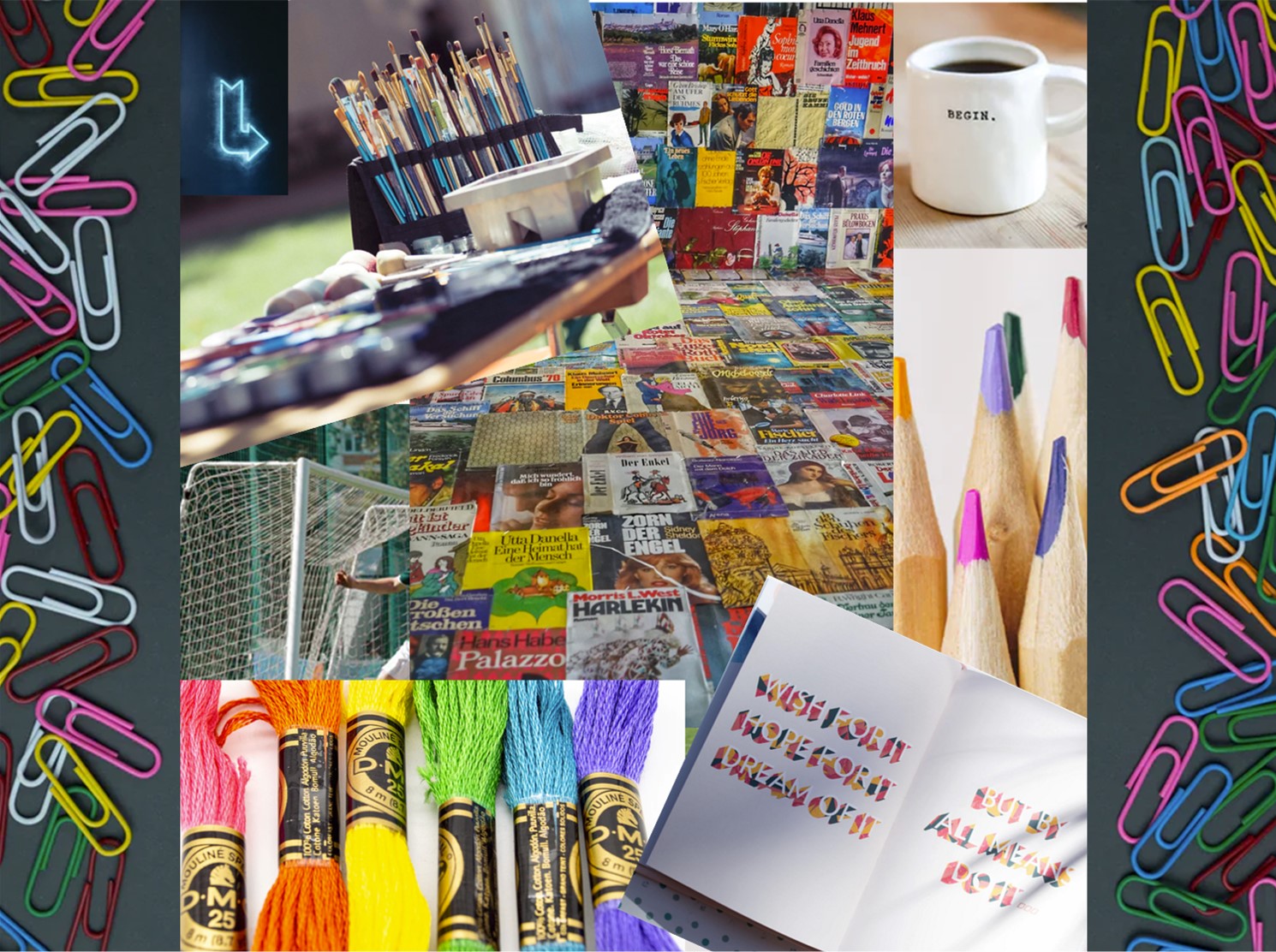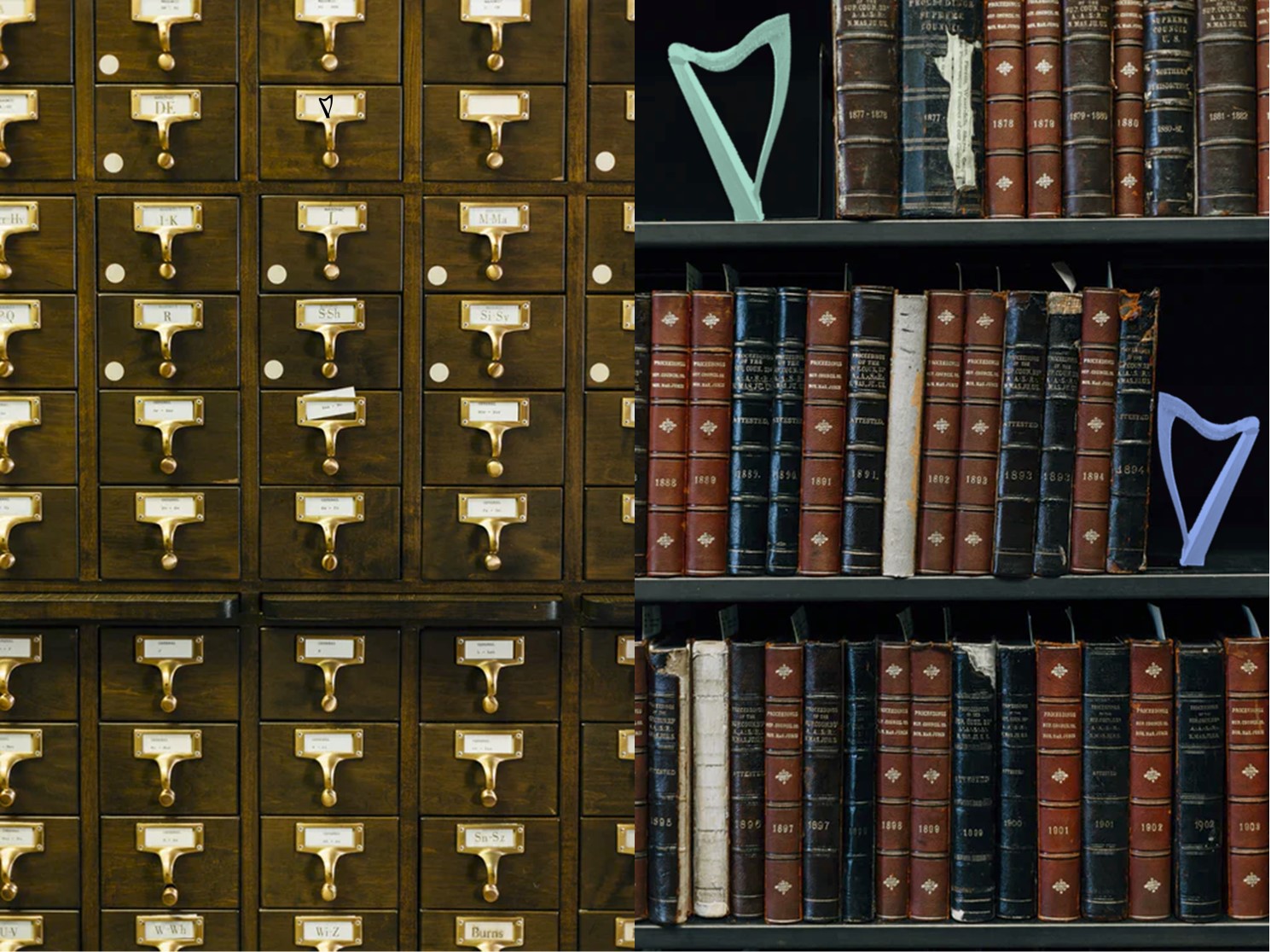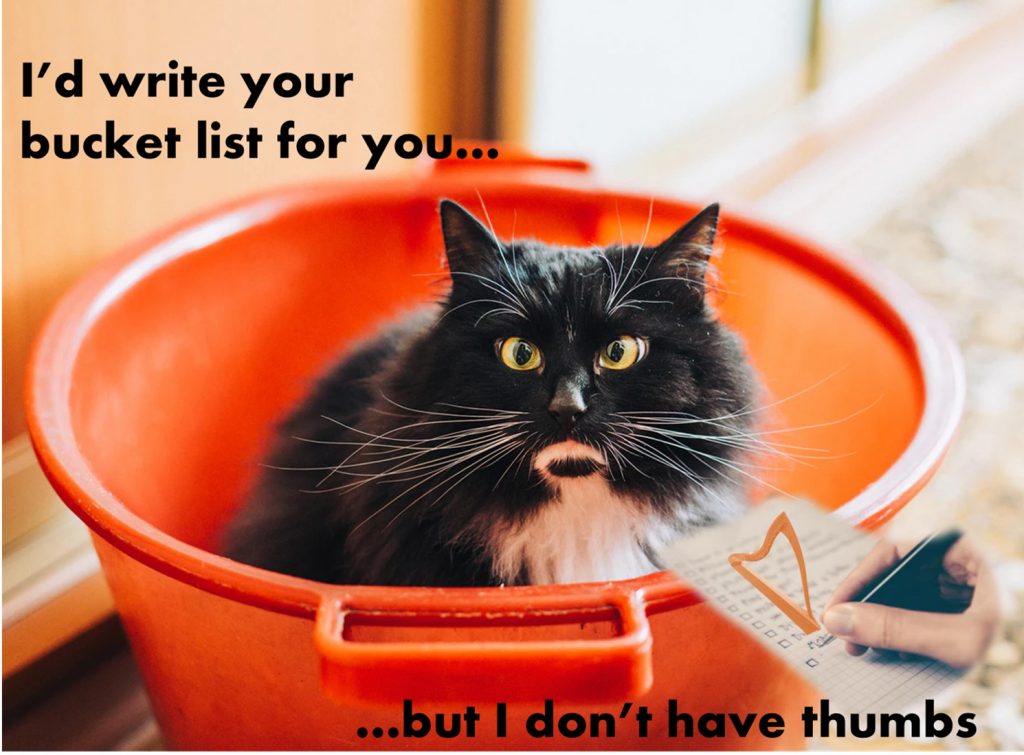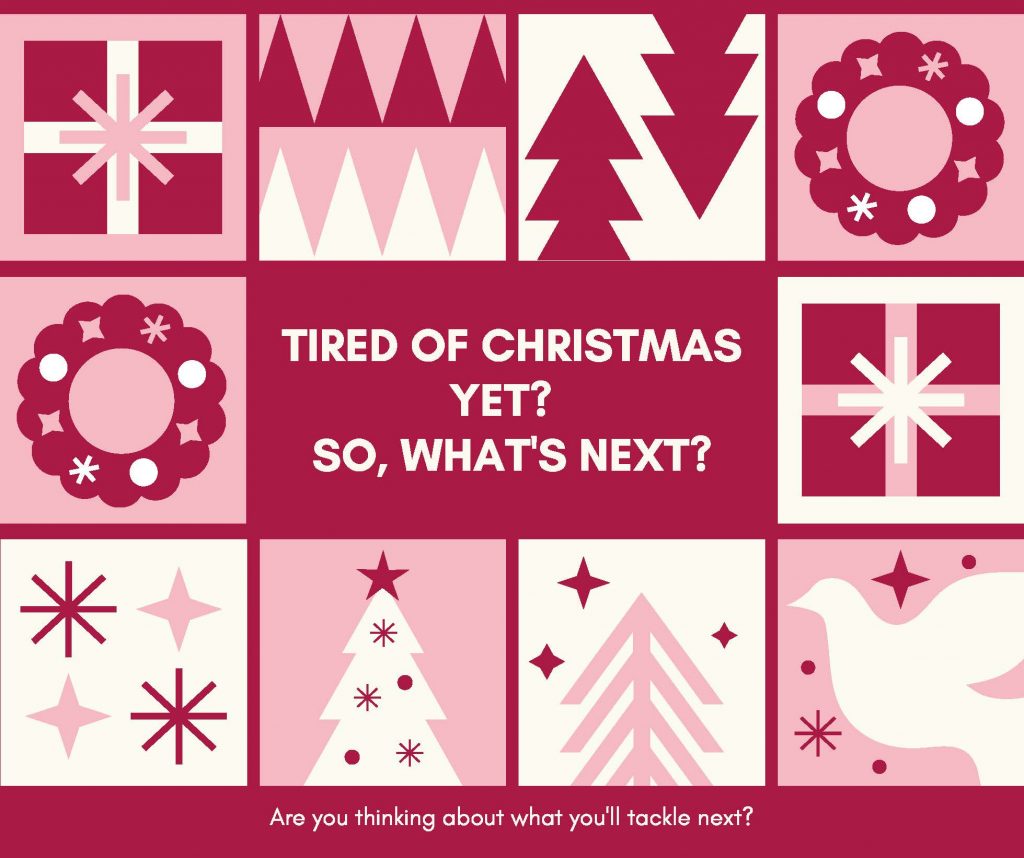Do you want to be a better musician? It’s a not unreasonable question. But if I answer honestly, I would say, “Better than what?”
I DO want to be better. Better than I am today. And even better than that on the day after. At this point, I’d like to call your attention to two things about what I have said –
- The inward focus – I’d like to be better I am
- The forward look – Tomorrow, I’d like to be better I am today
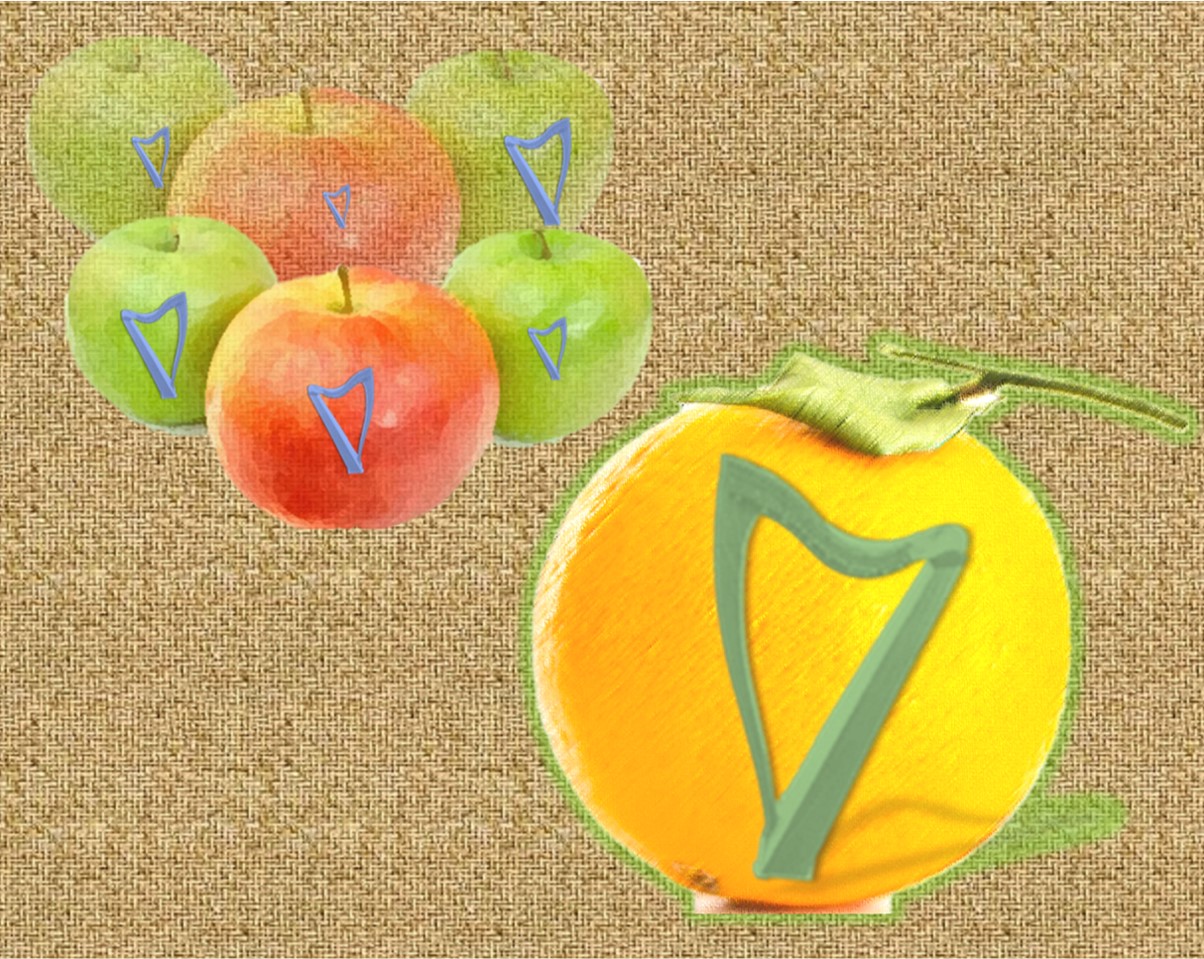 Let’s start with the inward focus. The question, “Better than what?” is really important. I hope that you’re in a place in your harp life that your better-than-what is you. Better than you yourself are right now, not focused on anyone else.
Let’s start with the inward focus. The question, “Better than what?” is really important. I hope that you’re in a place in your harp life that your better-than-what is you. Better than you yourself are right now, not focused on anyone else.
This can be a hard thing to learn. Especially if you spend any time on any kind of media – the information (and the temptation) is ever present. Whether it’s your harp hero or someone you don’t even know on Facedegram who’s been playing for 15 minutes and has already uploaded 50 videos of their triumphant harpysteria*, it can be easy to develop an envy of someone else’s progress (and their unmitigated willingness to share it).
But none of that matters. What matters is you. How YOU are coming along. How YOU are developing. How YOU are progressing to where it is YOU want to go. How YOU have improved today.
This can be particularly vexing if you’re not at the beginning of your harp life. When you’re harp-young, every day you can find something to notice that is a little better than it was. Your tuning isn’t from some alien planet anymore. You actually landed on the string you meant to on the first try. You no longer confuse the sound box and the pillar. You closed on the string rather than snapping back from it like it bit you. Heck, you used more than one finger! Every day has success potential. When you’re harp-young there are so many things to improve and they’re so obvious, even to you – a newb. Every day when you practice you can see some improvement.
But after a while, as you progress, you begin to realize that while it was easy to not sound like an injured animal right off the line, the internet didn’t lie. The harp is one of the most difficult instruments to learn to play well. Your obvious improvements (the kind you can’t miss) seem to be farther and farther apart. And it’s easy to forget the small advances after they happen**.
This is also a time when many people begin to go out and meet other harpers (or in the time of plague, seek them out online). You have an opportunity to see others play and you might begin to compare yourself to them. I have a story to share on why this comparison is such a very bad idea.
In my harp youth, I was on the verge of quitting (again). My incredibly wise teacher strongly suggested that I attend an adult beginners event and specifically suggested a workshop with the fabulous Sue Richards. I was extremely nervous, and struck up a conversation with the person sitting next to me. I shared that I had only been playing a few months and I thought she said she had too. I held my own for the first tune and was extremely pleased with myself. But when we got to the second tune, I was lost. My brain was full. My new friend, with whom I had kept pace in the first tune, sailed through the second, even playing the left hand harmony! I was devastated, clearly in way over my head, never going to learn the play, I should just go home.
I learned later that I had misheard her – she wasn’t a beginner. She was a professional. And already knew that tune. She was so encouraging to me throughout the workshop – but my confidence had gone. I was comparing myself to her – and falling miserably short. I thought I was never going to learn to play the harp.
I spent a while nursing that hurt and comparing myself to everyone else I met. Except there was one thing even I couldn’t overlook. When you meet other people – it becomes clear that you have NO IDEA what they are on the inside. Playing a week? Or 20 years? Or 20 years, but really only 5, due to interruptions? Practice 15 minutes every other day or 4 hours every day? Health issues? Complicated existence? Love the harp? Like it? Endure it? YOU DO NOT KNOW.
And if you don’t know – you can never compare apples to apples.
If you can never compare apples to apples –
why bother to even look at your orange?
The only thing to do is look forward – where are you going? Everyone else’s progress has no bearing on yours. Nothing is as it seems (especially on facedegram) (and quit scrollcrastinating – go practice!). You can only work on your goals, your dreams, your growth. Your harp playing.
When I finally got it, I practiced in my time. I learned at my pace. I got bold in my tempo. I kept meeting people – some more developed than me, some not yet as far along.
Sometimes I see someone play and feel a twang of impatience at my own growth. But then I remember that what they are doing is not what I was hoping to do. It’s just cool…and I’m happy for them! Sometimes I become aware of someone comparing themself to me…and try to encourage them focus on their goals rather than mine.
This is the real reason I’m always suggesting you focus on your goals, your progress, and tracking that – so you’ll know you are making that progress and don’t fall victim to the comparison trap. How about you? How are your apples? Let me know!
* Why, yes, I did notice that I’ve already made up two words in one sentence. Go with me, it’s one of my superpowers. Facedegram is any social media cesspool brain drain and harpysteria is not a person who makes harps in a coffee shop, but rather is a portmanteau of harp and hysteria.
** Those tools I’m always suggesting? All ways to help keep focused on what you want rather than on what someone else might.
